With the recent news that Chinese company Perfect World willpartner with Valve to bring Counter-Strike: GlobalOffensive to China, it is the perfect time to take a look atChinese esports and their relationship with their past and presentCounter-Strike scene.
Prior to CS:GO, Perfect World was the publisher for the Chineseversion of DotA 2, and was a main player in making sure it becamethe giant it is today. With a strong casual player base, the gamehad no problem in feeding into the existing Chinese esportsinfrastructure and growing it, also enjoying the influx ofresources that came with wealthy individuals starting organizationsfor League of Legends and acquiring DotA rosters.
The culture that spawned and is reflected in both games is onethat favors a heavily structured environment, with coaches and oldplayers using their experience to raise newcomers, working hard tofind whatever playstyle can net the team more wins, more so thanone that they find themselves comfortably playing.

However, in the previous iterations of Counter-Strike, theChinese market was never a big player. 1.6 was a relatively populargame but always lived in the shadow of other FPS games and othergenres. There were still some teams that made wavesinternationally, namely Tyloo, but not one that ever took an eventover top European teams.
Still, some incredibly skilled players, such as Kefei “Jungle”Yang and Bin “Savage” Liu, did come out of the Chinese region,giving the world the impression that there was some potential thatremained unfulfilled. But it was too little too late, and as 1.6started to die out, so did the Chinese scene, who shifted to theAsia exclusive version, CS Online, and later other games.
When CS:GO released, there was little excitement to move to itfrom the more popular CrossFire or CS Online, and Valve did notmake a push to get it published through a Chinese company, which isnecessary by law if a foreign company wants to release a product inChina. With no official support or matchmaking servers in themainland (to this day, the closest Valve servers are located inHong Kong, Singapore and Japan), powerful competition in MOBAs andbeing a paid game in a free-to-play dominated market, CS:GO did notcatch on.
Some die hard fans and veterans of the previous iterations did,however, believe in keeping the competitive scene alive throughprivate servers and tournaments, and the 5ewin service was created,which even today is the main hub for the entire Asian competitivescene. Tyloo and QeeYou did form teams, but their few internationalshowings were disappointing, and China remained silent and domesticuntil 2015.

Upon realizing that CS:GO as a game was growing at anunprecedented rate, the big Chinese organizations decided it wastime to invest into creating, buying out or making changes to teamsthat could compete at the top in China and give them all theresources necessary to do so with gaming houses, full time salariesand coaching staffs.
Tyloo took newcomers under their old blood’s wing, Born ofFire hired legend Bian “alex” Zhengwei as a coach, and in came ViciGaming, picking up the Cyberzen that brought Savage out ofretirement, as well as EHOME, LGD, Edward Gaming to get their sharein the ever growing CS:GO pie. With more and more competitionavailable, the Chinese scene finally started to fire up, thoughTyloo continues to dominate to this day, even taking abest-of-three win over Luminosity in Europe, closely followed byVG, who managed to take maps off of the champions in domestictournaments but never came into their own internationally. Onlineevents started to come out and even some LANs, but with no officialsupport for the game, the most important piece for an esport isstill missing: viewership. No casual interest in the game meantthat the scene could only develop so far.
This is what Perfect World aims to fix: with Chineseregional servers and localized publishing, a much bigger playerbase is sure to come as other FPS games like CS Online andCrossFire become obsolete, and with it, more viewers for domesticevents. Surely, more resources will come for Chinese teams to beable to play against international competition and breed talentthat can go toe-to-toe with Europeans, as was hinted at in thedays of 1.6.
While it will still take at least a year or two before a teamthat can truly be a top contender will be fielded, if the Chinesehave shown something in the past and in other games, it is thatwhen they do funnel all their structure and resources into a game,there is nothing that can stop them from becoming athreat. 
Image Credit: Dremhack, Adela Sznajder,PCGames.com.cn


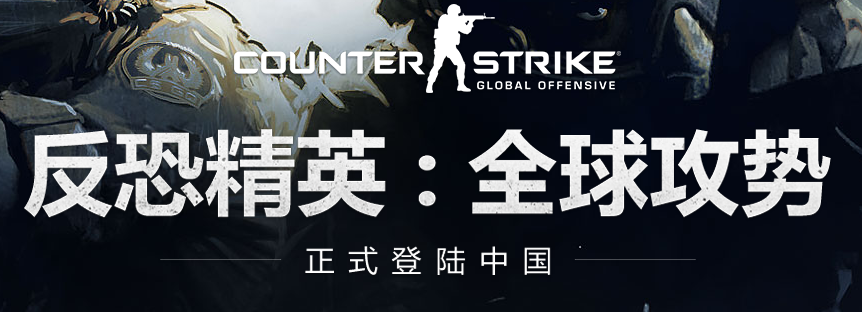
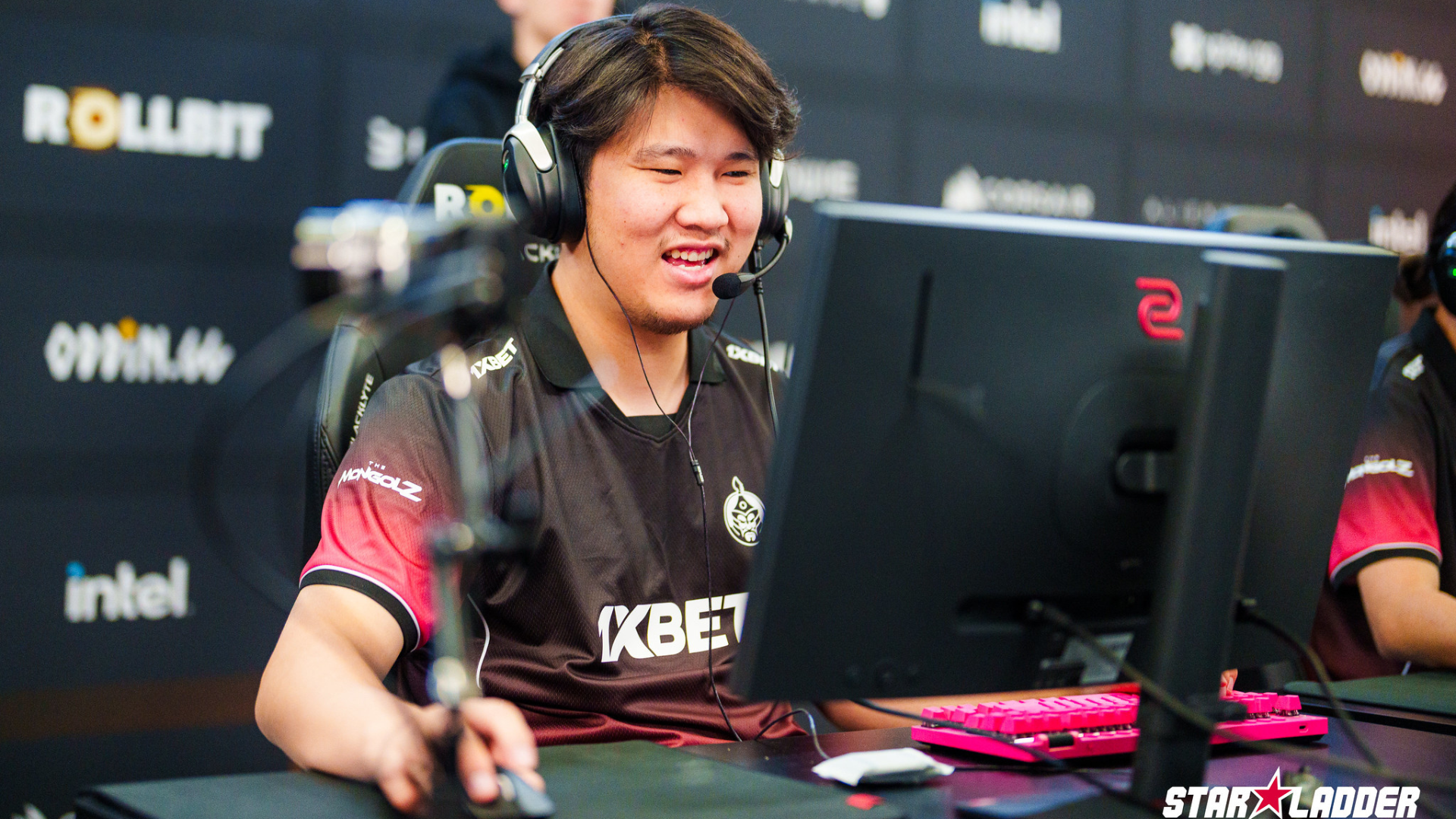
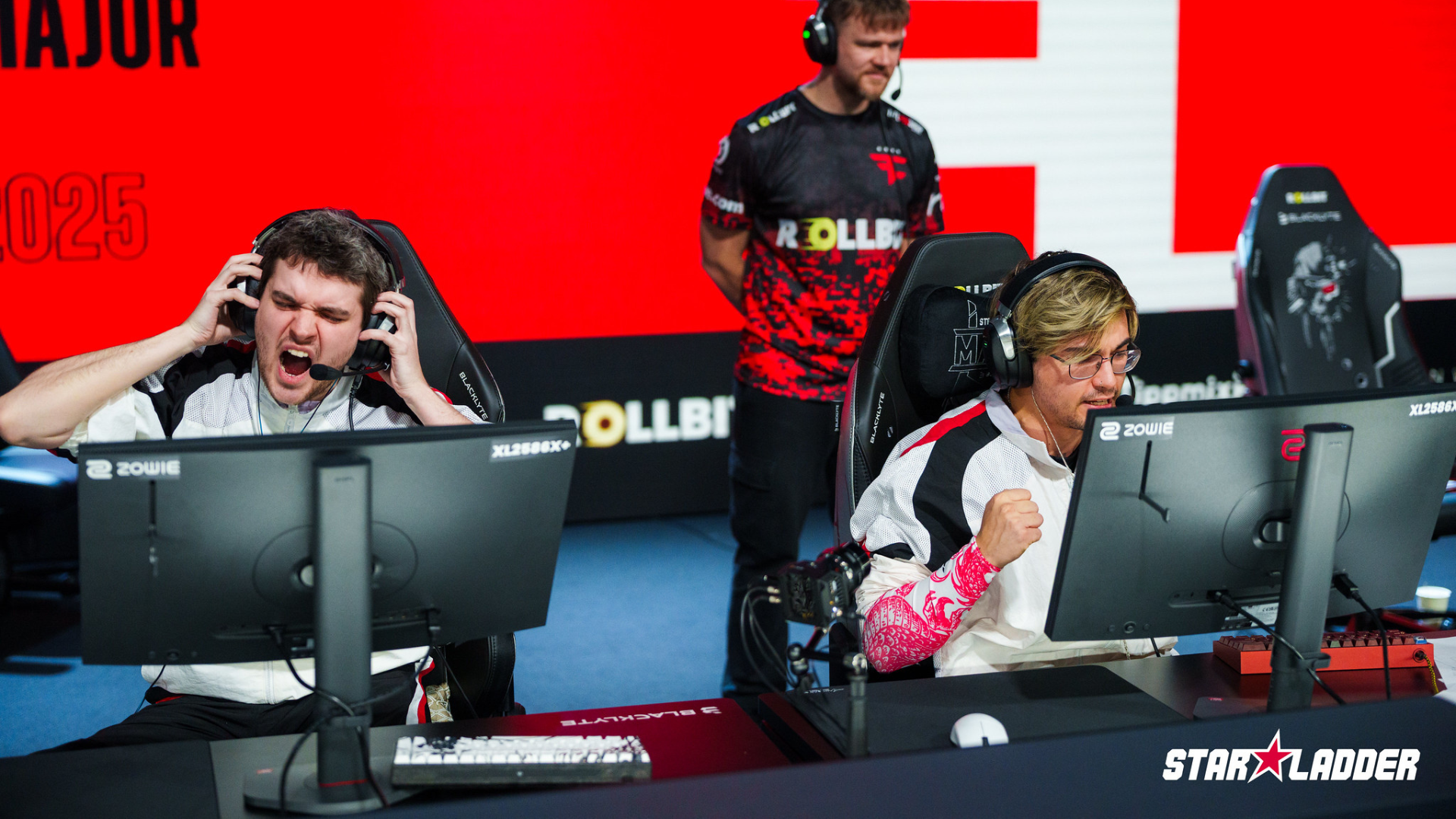
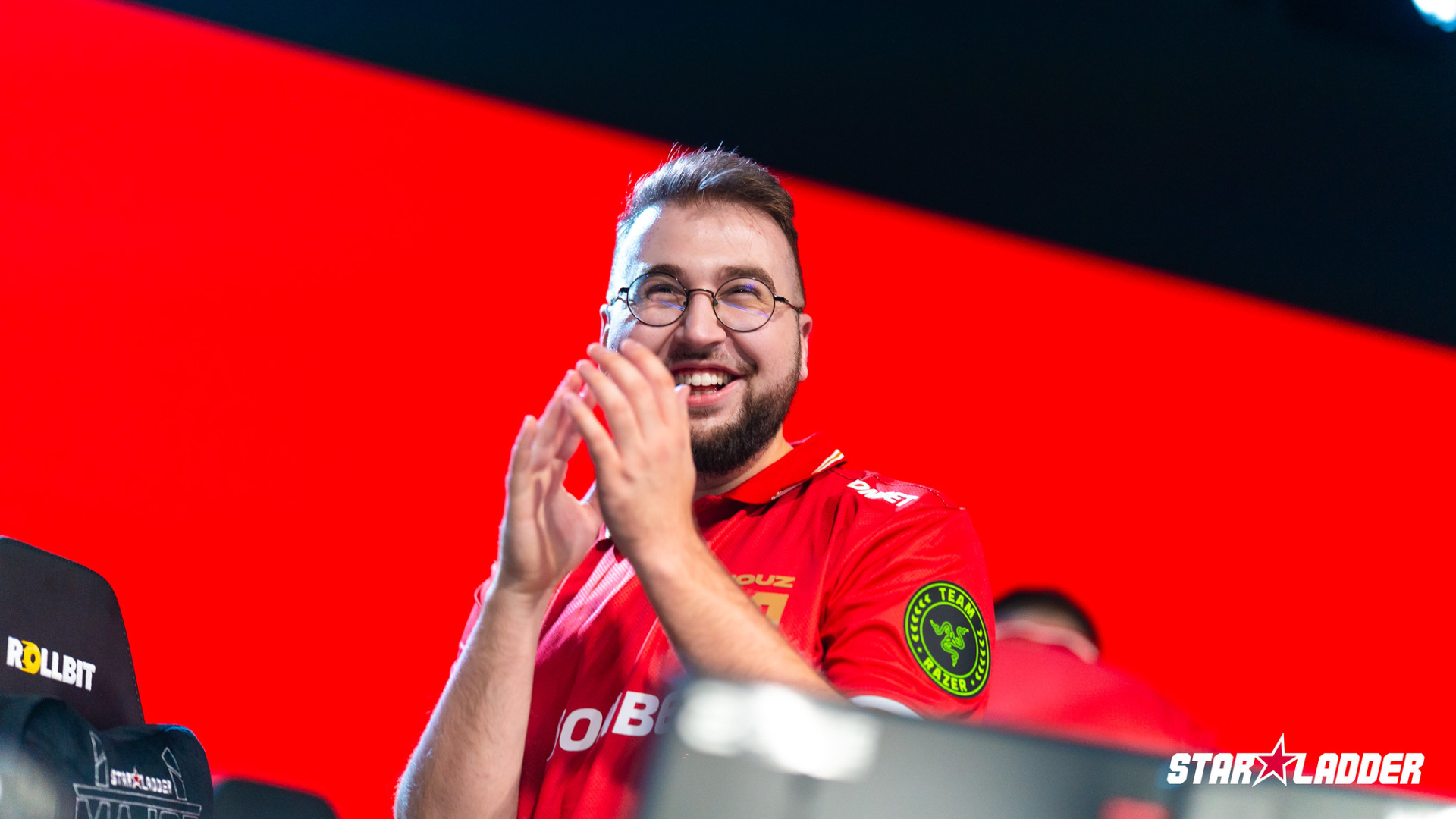
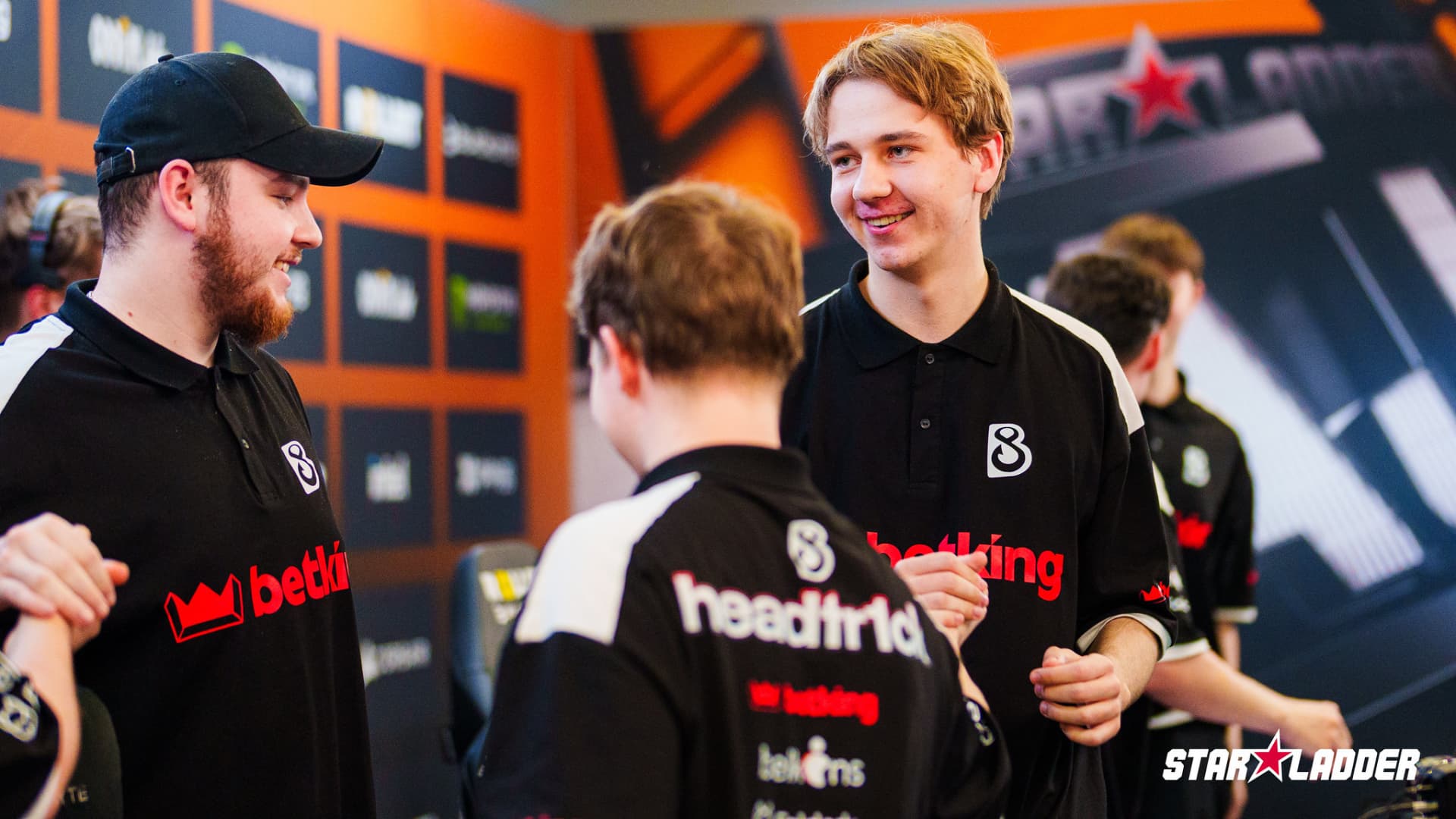
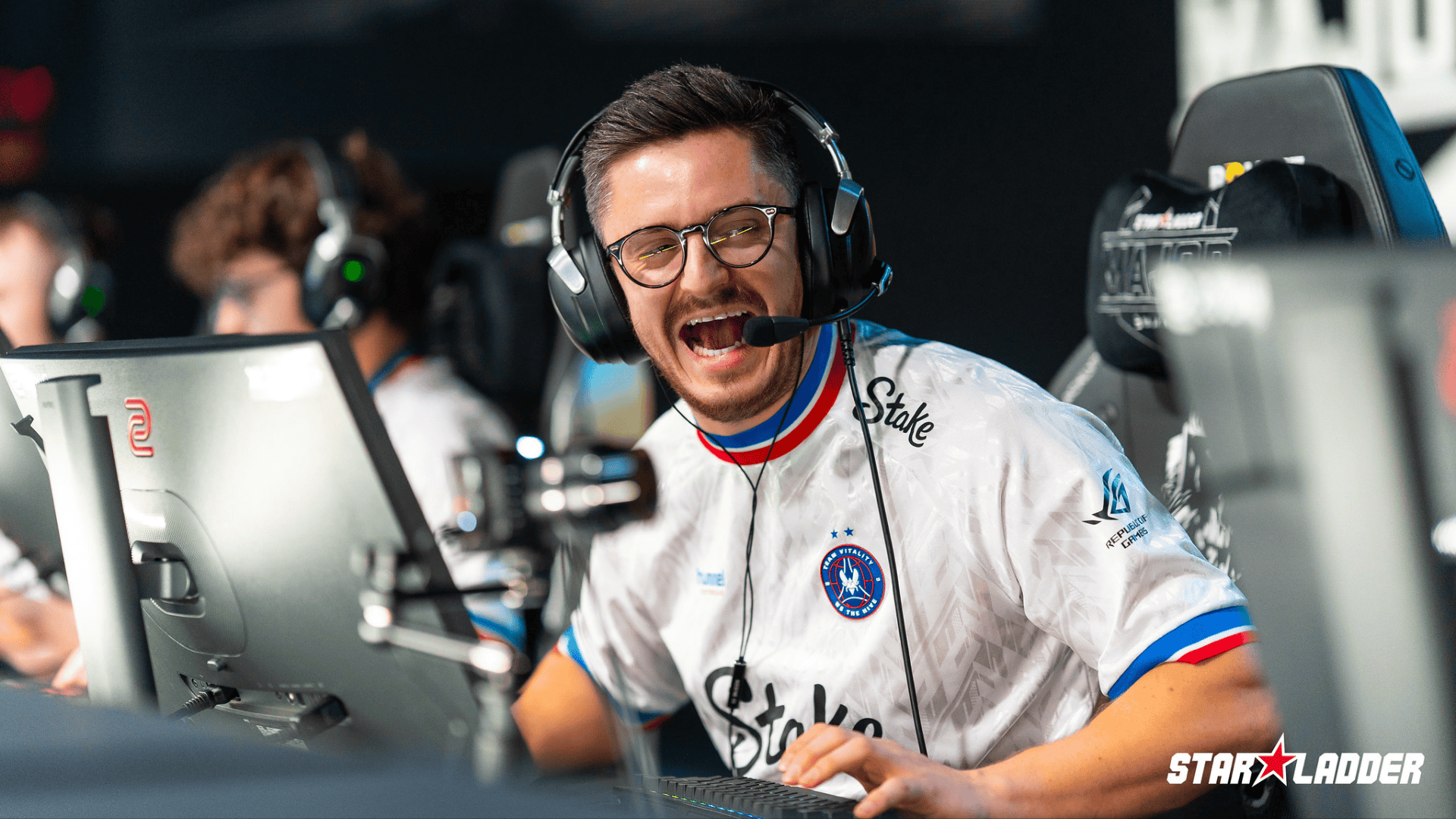
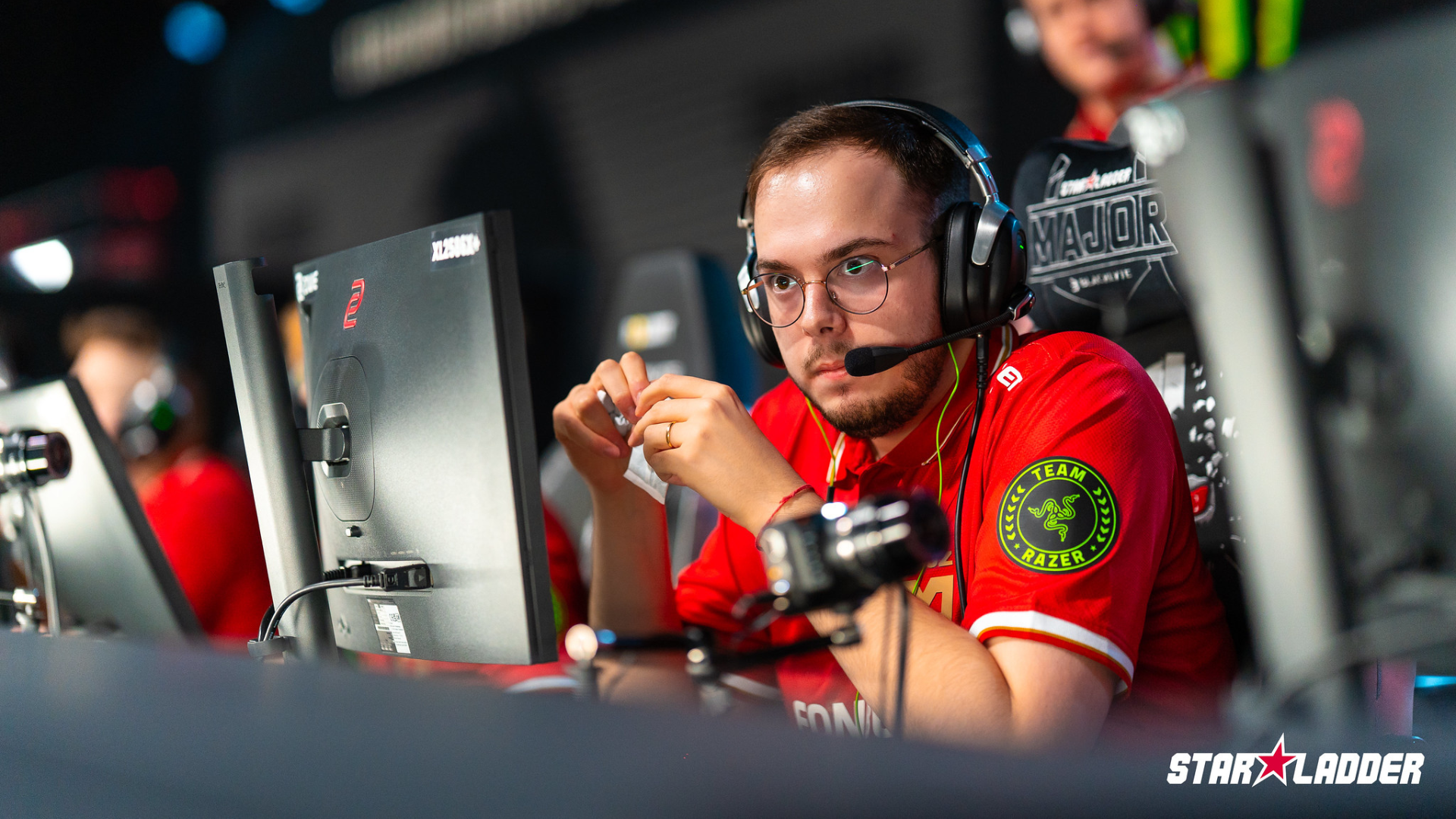
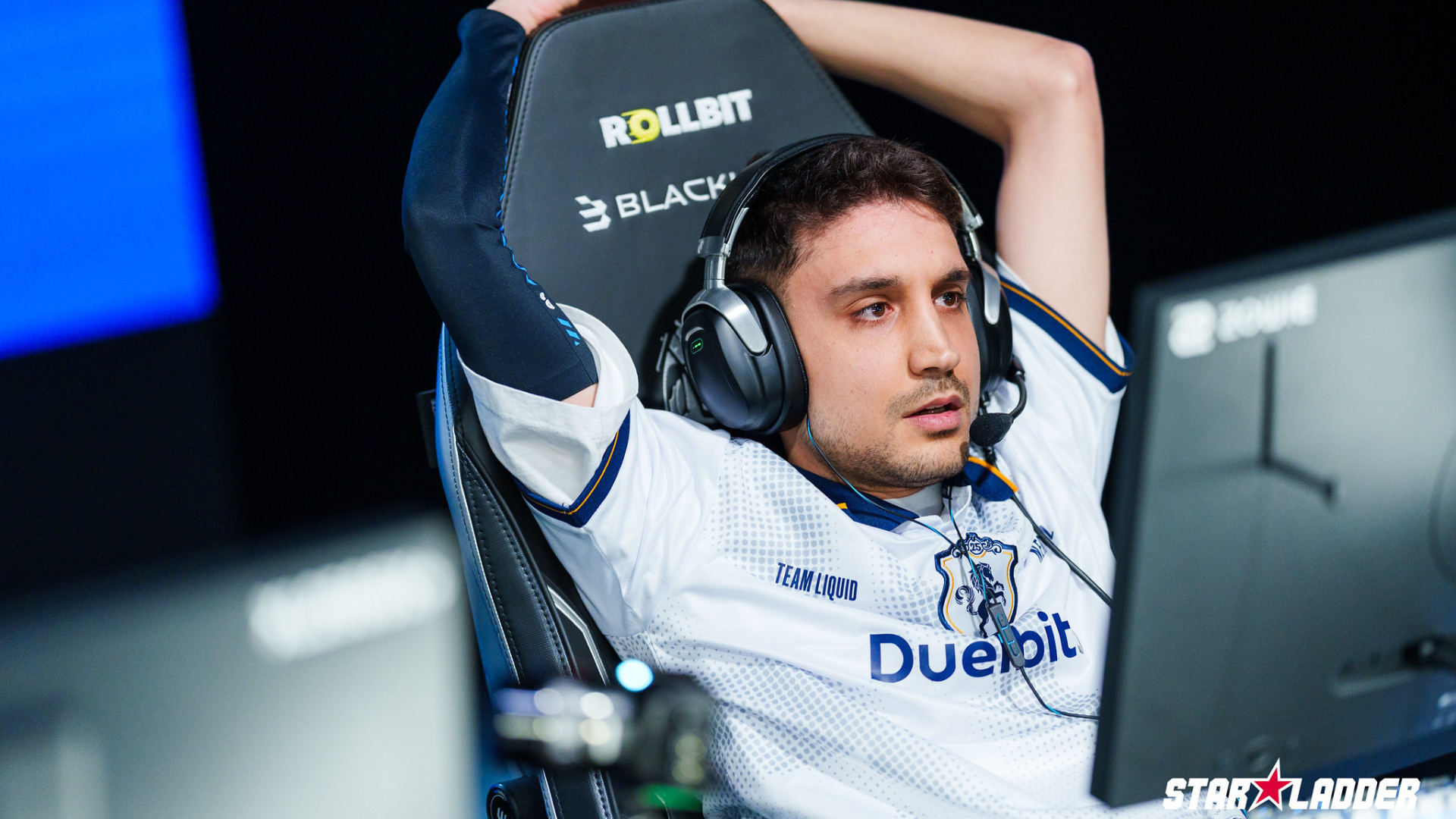

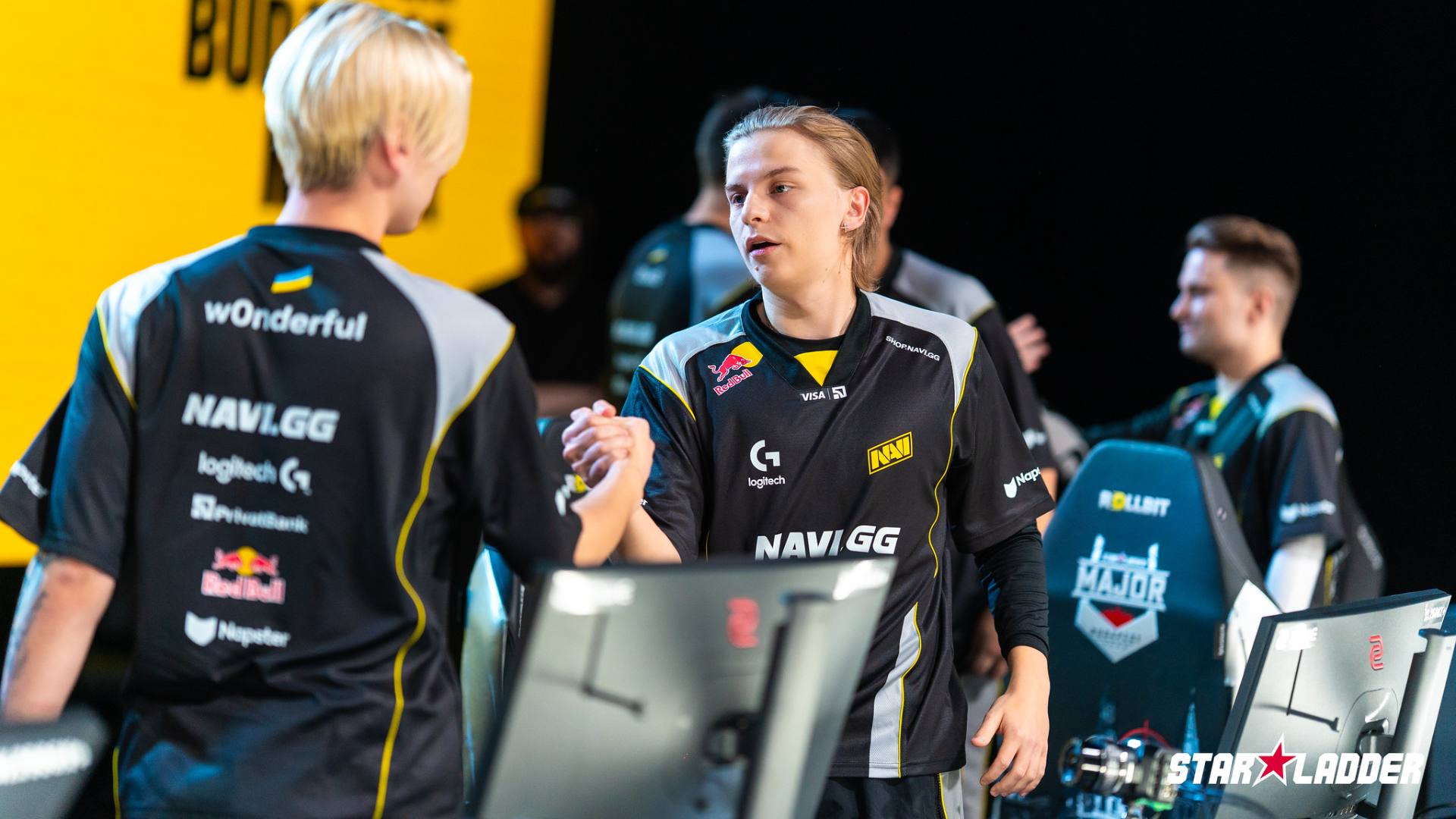
Published: Jul 28, 2016 08:12 am